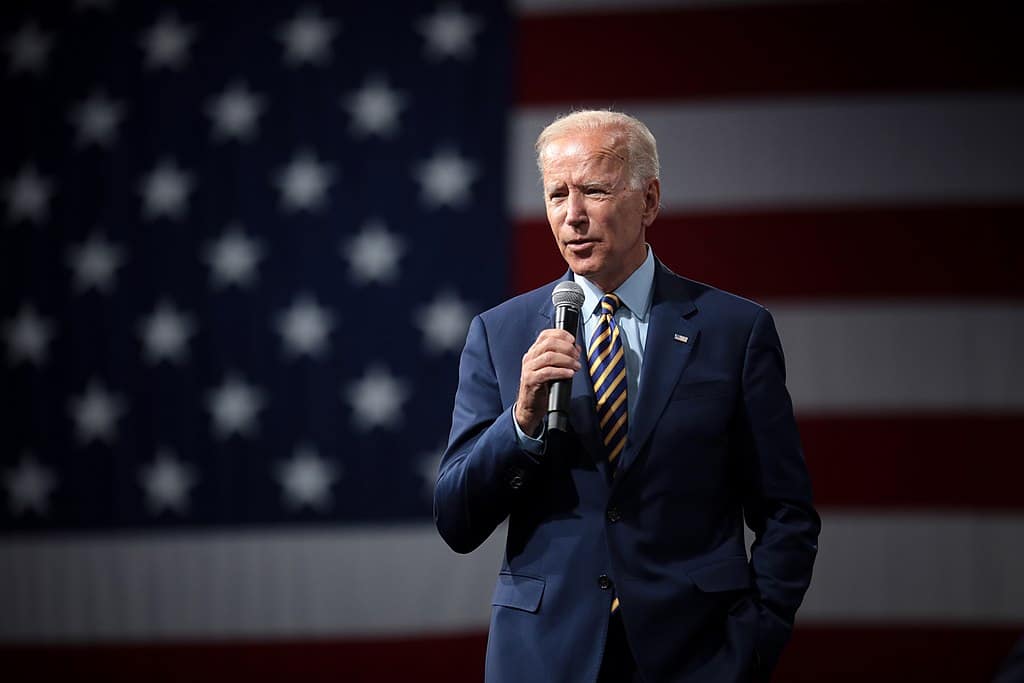President-elect Joe Biden was a primary architect of the War on Drugs, with a “tough on crime” legacy from the 1980s that laid the groundwork for the mass incarceration crisis terrorizing so many Americans today. On some issues intersecting harm reduction, such as marijuana legalization, his platform has evolved somewhat in recent years. On a number of others, including safe consumption sites, decriminalizing sex work and the rise in meth use, he’s made no public comment at all. However, there are also a handful of areas on which he’d previously been silent, such as naloxone access, that have appeared on his platform within the year and a half since he declared his presidential candidacy.
For the issues on which he has spoken, here’s where a Biden administration would stand.
Marijuana Legalization
For years, Biden has maintained that legalization would be a mistake. While he insists that he no longer believes marijuana is a gateway drug, he made unscientific statements to that effect as recently as 2019. Although he continues to oppose broad legalization, he has more recently updated his stance to favor decriminalization, medical legislation, expunging prior cannabis use convictions, taking executive action to downgrade marijuana from Schedule I to Schedule II—which would make it easier for researchers to conduct clinical trials into various medical usages—and essentially leaving the matter of full legalization up to the states.
Naloxone Access
Biden’s plan to combat the opioid crisis (his wording—the plan fails to address the broader overdose crisis) pledges that his administration will expand grants for states to invest in naloxone “to be distributed to local community actors called upon to reverse overdoses, including first responders, public health providers, and the staff at homeless shelters and public libraries.” It goes on to state that Biden will “aggressively negotiate” a price reduction from drug companies, though without reference to any specific figures.
Medications for Opioid Use Disorder
Biden, who does not support Medicare for All, largely hinges his opioid plan on the expansion of the Affordable Care Act. That plan includes a goal of universal MOUD access by 2025, and a $20 billion investment in increasing the number of MOUD programs and waivered physicians in underserved areas, which include large swaths of rural counties. He’s pledged to lift “undue restrictions” on MOUD prescribing practices and prevent insurers from requiring prior authorization, though the language is somewhat open-ended.
Syringe Exchange Programs
While Biden’s opioid plan does not have a dedicated section addressing SEPs, it does briefly reference them in the context of a promised $75 billion in grants for communities to invest in treatment and prevention of overdoses, HIV and hepatitis C—including through resources like SEPs.
Prescription Opioids
Biden has pledged to crack down on “pharmaceutical companies’ practices that lead to overprescribing,” but acknowledges the widespread concern among chronic pain patients that they’ll be the collateral damage of such measures, cut off from vital and in some cases life-saving medications. Alongside the expansion of Prescription Drug Monitoring Programs, Biden’s opioid plan pledges investment in the federal development of pain medications with reduced risk of addiction, and a requirement for insurers to cover non-opioid alternatives for chronic pain management.
Criminal Justice Reform
The nadir of Biden’s drug policy legacy was his cosponsoring of the notorious 1986 “crack house statute,” wherein Black Americans using crack were prosecuted at rates wildly disproportionate to those faced by white Americans using powder cocaine. Though it fails to acknowledge that Biden was personally responsible for these decades of racist carceral drug policy, his platform addressing Black America promises that he “will end, once and for all, the federal crack and powder cocaine disparity … and end all incarceration for drug use alone and instead divert individuals to drug courts and treatment.” He states that the reform will apply retroactively.
Photograph of Joseph R. Biden Jr. via Wikimedia Commons/Creative Commons 2.0





Show Comments